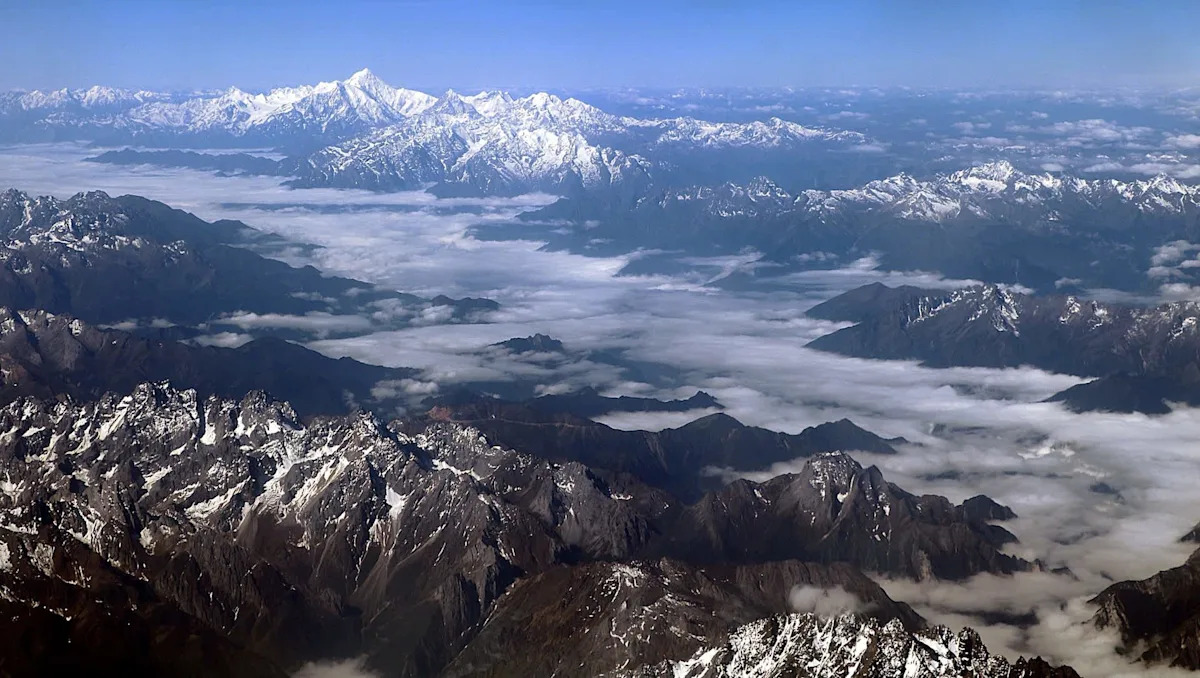Home / Environment / Melting Tibetan Plateau Imperils Water for 1.5 Billion People
Melting Tibetan Plateau Imperils Water for 1.5 Billion People
10 Nov
Summary
- Warming temperatures cause premature snowmelt and reduced snowfall in Tibetan Plateau
- Tibetan Plateau feeds 10 major river systems, supplying water to 1.5 billion people
- Climate-driven snow drought becomes a major issue in the region

As of November 10, 2025, a concerning trend has emerged in the Tibetan Plateau—the region's snowpack, a vital natural reservoir, is rapidly depleting due to the effects of climate change. A recent study published in the journal Communications Earth & Environment found that rising global temperatures have led to premature melting and reduced snowfall in this area, known as the "Asian Water Tower."
The Tibetan Plateau feeds into 10 different river systems across the continent, including the Yangtze, Indus, and Ganges. These river systems provide crucial freshwater to an estimated 1.5 billion people. However, the climate-driven snow drought plaguing the plateau is now jeopardizing this vital water supply.
Snowpack, the layers of snow that accumulate and stay frozen throughout the winter, is crucial for sustaining communities during warmer months when the melted ice provides freshwater. But as this natural reservoir continues to deplete, vulnerable populations are left with dwindling access to clean water. Experts warn that if the current trends persist, the situation could become dire, with up to 66% of the global population potentially lacking sufficient access to water by 2100.
In addition to water scarcity, the rapid melting of ice in the Tibetan Plateau is also expected to expand waterways downstream, potentially flooding around 500 communities by the end of the century if preventative measures are not taken. This puts residents at risk of losing their homes in the coming decades.




